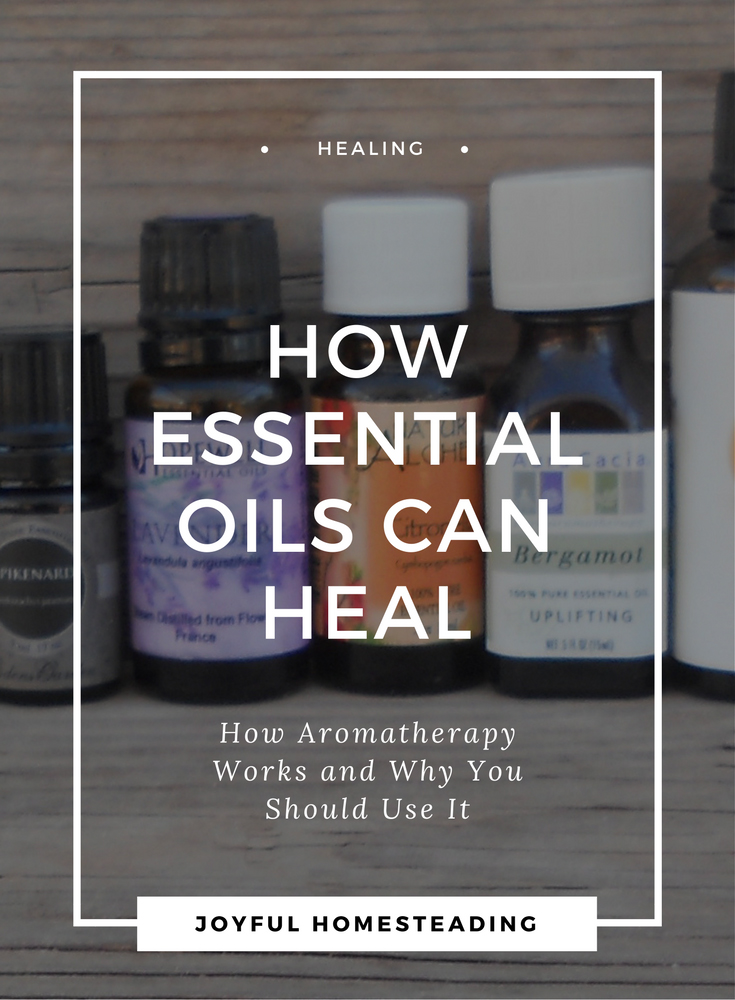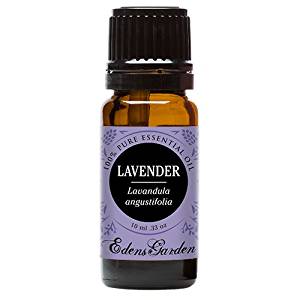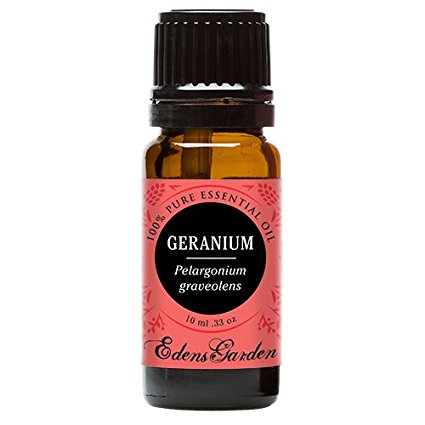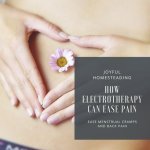Does Aromatherapy
Really Work
Does aromatherapy really work? While it is not a miracle cure and will not replace a doctor, this alternative medicine may help ease pain, promote faster healing and uplift your spirits.

That's because essential oils can enter your body on a molecular level. Plant cells and human cells have many identical parts. When we either ingest, breathe in, or place essential oils on our bodies, our cells allow parts of the plant cells to enter in. Those plant molecules are then used to heal our cells.
What Is Aromatherapy?
Aromatherapy is an alternative medicine using the essential oils of plants to affect your mood or health.
You either diffuse it into different oil – known as a carrier oil – such as jojoba or sweet almond oil, or place a few drops on a handkerchief you carry with you.
You can also add a few drops of the essential oil to your bath water or add it to your humidifier.

The actual term “aromatherapy” was first used in the 1920s by Rene-Maurice Gattefosse, a French chemist who accidentally set his arm on fire while working in his perfume factory.
He thrust his arm into the nearest cold liquid available, which turned out to be lavender oil. To his amazement, the pain rapidly eased and the burn healed quickly with little pain and no scarring.
So does aromatherapy really work? Gattefosse certainly became a believer that day.
After that, Gattefosse devoted his life to researching how essential oils heal the human body. Jean Valnet continued that work and during World War II treated wounded soldiers with essential oils.
Aromatherapy is still popular in France and prescribed by many French physicians. Although physicians in other parts of the world may not recognize this form of medicine, it can be a handy tool for the self reliant, and a few bottles of essential oils should be on the shelves of every homesteader. Remember that these oils should never be applied directly to the skin. Always diffuse them.
Does Aromatherapy Really Work?
Learn What Essential Oils Can Do
Try some of these more popular essential oils and see for yourself how aromatherapy can help you.
Peppermint
Some warnings right up front: Peppermint can antidote homeopathic remedies. Also if you are pregnant or nursing you should not use peppermint. That being said, peppermint essential oil is useful for treating headaches, muscle aches and digestive complaints.
The next time you're feeling nauseated or are suffering from a stomach bug, rub some peppermint oil on your tummy. It eases the nausea within minutes. It is also great if you are exhausted or suffering burnout. It will give you focus and help with memory and concentration.
Eucalyptus
The next time you're wondering, does aromatherapy really work, remember how many cold medications have eucalyptus oil.
This is also something you should avoid if you are using homeopathic remedies. But otherwise, Eucalyptus Essential Oil is a powerful form of aromatherapy that will help with respiratory problems such as coughs, colds and asthma. This oil will also relieve muscle tension and boost your immune system.
Ylang Ylang
Ylang Ylang Essential Oil is great for releasing anger, which is often a cause of depression. It helps you relax and promotes happiness and feelings of peace.
Geranium
Geranium Essential Oil is great for women as it balances our hormones. It eases stress, is relaxing and uplifting and is also great for depression.
Geranium Essential Oil is a strong scent so use it sparingly. It calms agitation and eases frustration and irritability.
This oil is particularly useful when you are suffering nervous exhaustion due to stress and overwork.

The Must-Have Lavender
Lavender Essential Oil is a must-have essential oil for every homesteader. Not only is this oil relaxing, it is also an excellent aromatherapy, useful for treating wounds, burns and skin problems. Lavender oil releases anger and is good for insomnia. It's also good for relieving panic attacks.
Try the Useful Lemon
If you're still wondering does aromatherapy really work, at the very least have Lemon Essential Oil on your shelf. This is a helpful aromatherapy oil for treating wounds and infections. It is also good for house cleaning and deodorizing, and is also useful for easing fear and helping memory and concentration.
Clary Sage
Clary Sage Essential Oil is a natural pain killer, great for easing muscular aches and pains. This is aromatherapy at its best. It is also good for insomnia, balances hormones and eases feelings of loneliness. It can bring about a sense of calmness and confidence in stressful situations and is uplifting. It gives you energy and can also induce feelings of euphoria and elation and enhances creative work. Be sure to avoid alcoholic beverages before and after using this oil.
Tea Tree Oil
If the question does aromatherapy really work is stil lingering in your mind, think about all the natural remedies now promoting tea tree oil. Tea Tree Essential Oil is a natural anti fungal oil and is good for treating vaginal yeast infections, jock itch, athlete’s foot and ringworm, and will boost the immune system.
Roman Chamomile
Chamomile (Roman) Essential Oil is a great aromatherapy for easing sleeplessness and anxiety, as well as muscle aches and tension. It is also useful for treating wounds and infection. On the emotional plain, it eases anger, depression, fear, irritability, stress and loneliness.
Rosemary
Rosemary Essential Oil gives you energy - sometimes too much. I put this oil in our humidifier once and couldn’t sleep a wink all night! Talk about energy through aromatherapy! This one definitely gets you pumped as well as giving you confidence, improving memory and concentration, and stimulating both your immune and digestive system. It's also great for getting the creative juices flowing.
Some Precautions
Always read about an essential oil and follow the guidelines before applying it, and always dilute the oil before applying it directly onto your skin or inhaling it. You should obviously keep these oils away from your eyes and out of the reach of children. Stop using it if you get an allergic reaction. If an essential oil does come into direct contact with your skin, apply any vegetable or carrier oil to the area. The essential oil will then be absorbed into your skin and in a few minutes, the irritation will ease.
Citrus essential oils increase photo sensitivity. If you plan to use any of the citrus oils, stay out of the sun.










New! Comments
Have your say about what you just read! Leave me a comment in the box below.